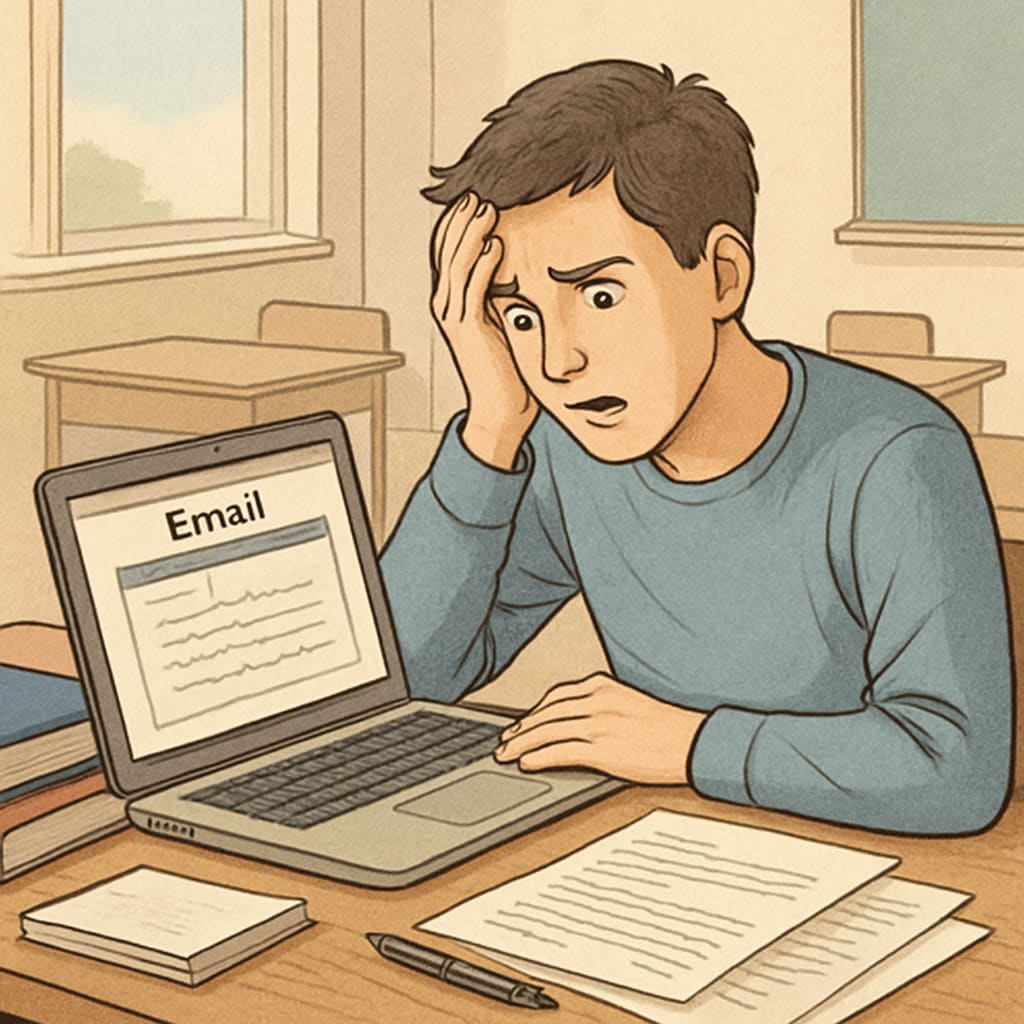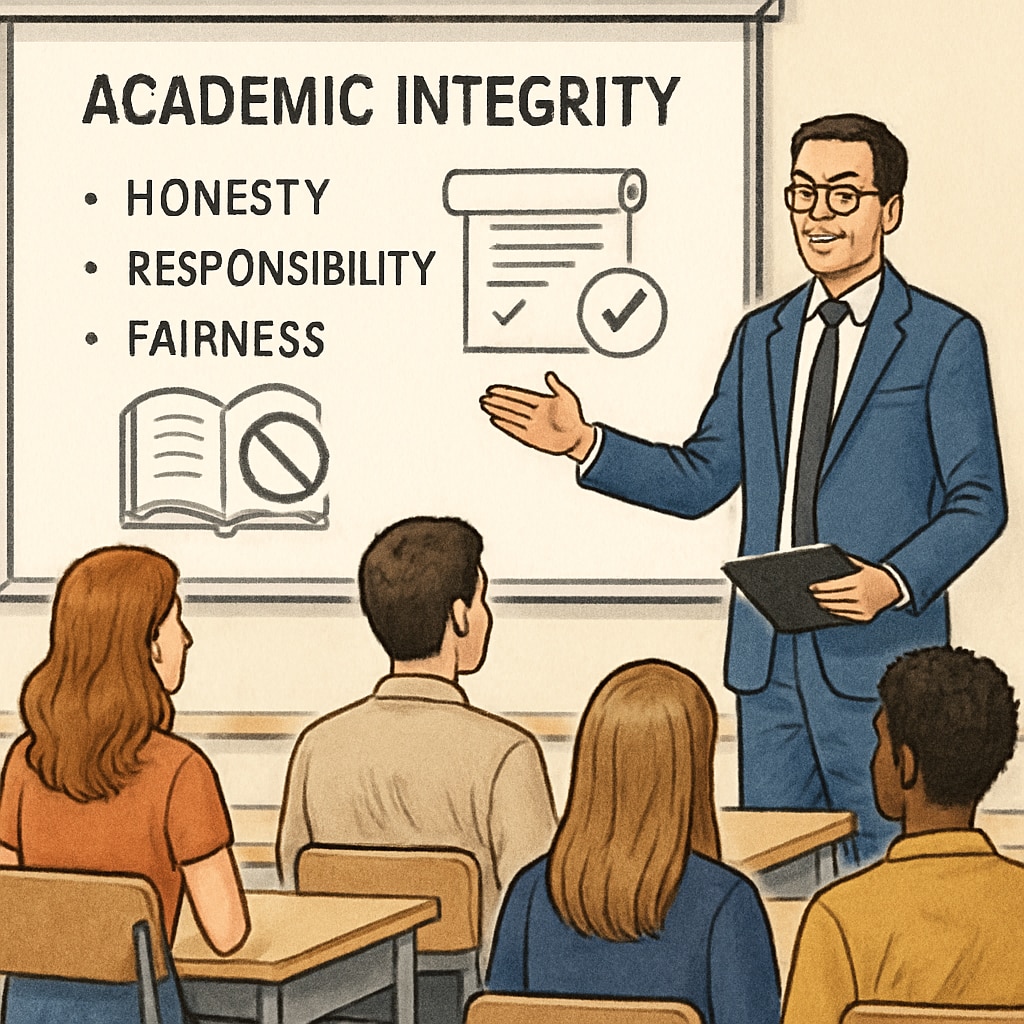When a professor levels plagiarism accusations at a student, the consequences can be far-reaching. However, what happens when these accusations are unfounded? The integrity of the educational system hinges on a delicate balance between protecting academic standards and safeguarding student rights. Misjudged plagiarism accusations not only damage students’ academic prospects but also their mental health, raising serious concerns about fairness in academia. It is time to reflect on how educational institutions handle such cases and to advocate for a more transparent and just system.
The Consequences of Unfounded Plagiarism Accusations
Plagiarism, defined as presenting someone else’s work as your own, is a serious offense in academia. Professors, as the gatekeepers of academic integrity, are entrusted with the responsibility of identifying and addressing plagiarism. However, false accusations can occur due to subjective judgment, lack of evidence, or misinterpretation of source usage. For students, being falsely accused can lead to academic penalties, reputational harm, and long-lasting psychological distress.
For example, a misjudgment might arise when a student’s work closely aligns with existing literature—something that can naturally occur in fields with limited research scope. Without a thorough investigation, such cases can result in unfair penalties. A false accusation can also discourage students from engaging actively in their studies, fearing that their originality might be questioned.

Authority vs. Accountability: The Role of Professors
Professors hold significant authority in academic settings, but with great power comes great responsibility. While their role in upholding academic integrity is crucial, the absence of robust checks and balances can lead to misuse or misjudgment. The question arises: how can we ensure that professors are held accountable for their accusations without undermining their authority?
- Objective Evaluation: Institutions should require professors to provide concrete evidence before making accusations. Relying solely on intuition or subjective judgment can lead to errors.
- Training on Plagiarism Detection: Many professors are not trained in the use of plagiarism detection software. Incorrect interpretations of such tools can result in false accusations.
- Transparent Appeals Process: Students should have access to an unbiased appeals process to contest accusations. This ensures that their voice is heard and their rights are protected.
By implementing these measures, educational institutions can strike a balance between respecting professors’ authority and ensuring accountability.
Building a Fair Academic Integrity Framework
To prevent unfounded plagiarism accusations, educational institutions must adopt a fair and transparent academic integrity framework. This involves establishing clear guidelines, leveraging technology responsibly, and fostering a culture of trust between professors and students.
- Clear Guidelines: Institutions should define what constitutes plagiarism in specific terms, providing examples and explanations. Ambiguity often leads to misunderstandings.
- Responsible Use of Technology: Plagiarism detection software should complement, not replace, human judgment. Professors must interpret the results carefully and consider context.
- Student Education: Educating students on proper citation practices and the importance of originality can reduce instances of actual plagiarism and help them defend their work effectively.
Moreover, fostering a culture of mutual trust is essential. When students feel respected and understood, they are more likely to adhere to academic ethics.

As a result of these efforts, institutions can create an environment where academic integrity is upheld without compromising student rights or well-being.
Conclusion: A Call for Change
Unfounded plagiarism accusations by professors can have devastating effects on students, calling into question the fairness of current academic practices. By establishing transparent evaluation processes, holding professors accountable, and promoting education on academic integrity, we can ensure that the rights of both students and educators are protected. Academic honesty is a two-way street that requires mutual respect and understanding. Let us work towards a system that fosters both accountability and trust, safeguarding the future of education.
Readability guidance: This article uses concise paragraphs and lists to improve readability. Key points are supported by examples, and transitions like “however,” “therefore,” and “as a result” are used throughout. Passive voice is minimized to ensure an engaging and direct tone.


